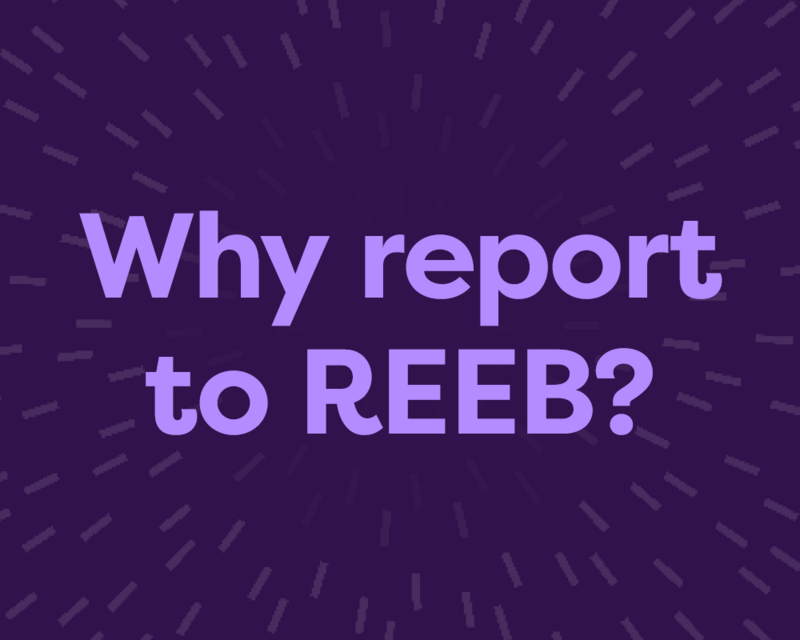Understanding the Real Estate Environmental Benchmark (REEB)

The Real Estate Environmental Benchmark is a set of energy and water intensity benchmarks for UK commercial buildings. Collated and updated annually by the BBP (Better Buildings Partnership), it identifies not only a Typical Practice Benchmark but also a Good Practice Benchmark and a REEB Group Average. The REEB reporting window is now open and runs until 30th September.
Why report to REEB?
Whilst the REEB benchmarks are openly available to all, members (i.e. those who report) have access to greater insights about how their individual buildings compare to the benchmarks and the group average. REEB dashboards show where each of your buildings ranks in intensity (energy and water) compared to all other buildings of the same type within the REEB portfolio.
Additionally, reporting to REEB marks your company out as a leader in sustainability. You join a list of other leading players in the field, providing insight to all commercial property owners – and therefore the opportunity to improve the performance of their buildings – as well as informing other frameworks and standards in the sector.
If you already report performance to other Real Estate assessments such as GRESB then you are likely to have most of the data and information you will need for REEB reporting already prepared – this makes it a relatively quick win!
Which buildings should I report on?
Unlike GRESB or other real estate reporting frameworks, companies can report on a selected subset of their properties rather than their whole portfolio. This selection could depend on data availability, length of ownership or other factors. The property types covered by REEB are:
Offices
Enclosed and Unenclosed Shopping Centres and Shopping Villages
Retail Parks, Leisure Parks and Industrial Parks
What information will I need to provide?
As well as annual consumption of energy and water, participants are required to provide floor areas (or corresponding metrics depending on property type e.g. car parking spaces), operating hours, occupancy and footfall metrics. Certain usage types (e.g. comms rooms) require sub-metered energy consumption.
What are the key REEB dates for 2024?
3rd July – 2023 REEB benchmarks released
17th July – REEB platform open for 2024 submission
30th September – 2024 REEB reporting closes
What are the changes to REEB for 2024?
There is little change to reporting compared to last year, but there is a new option to report tenant consumption on a building-by-building basis. The 2023 benchmarks were the first to be published following the Covid pandemic and its associated impact on building operations.
Verco REEB services
Verco has supported leading real estate investors in reporting to REEB for over a decade, and can offer you support ranging from full data collation and reporting on your selected properties to advising on the selection of buildings or reviewing your prepared REEB submission.
